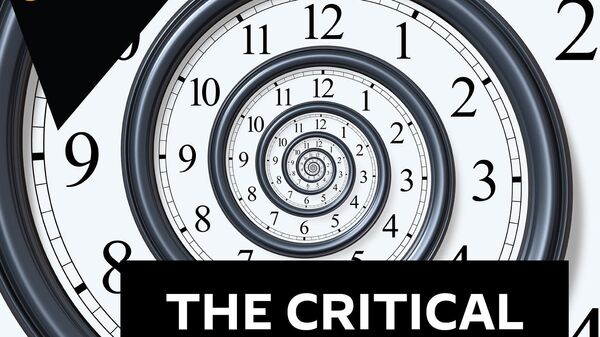It's Friday, time for our panel discussion on this week's biggest stories!
The government is reopening now that Congress and the president have agreed on a short-term budget deal. The deal keeps government agencies open until February 15. President Donald Trump said he would end the partial government shutdown for three weeks while negotiations over the border wall continue. He also indicated that he was open to declaring a national emergency or shutting down the government again if Republicans and Democrats cannot reach an agreement on wall money by the February deadline.
Roger J. Stone Jr., a longtime Trump adviser, has been charged as part of the investigation by special counsel Robert Mueller. He was arrested at his home in a pre-dawn FBI raid in Fort Lauderdale, Florida, appeared in court earlier today and reappeared on the steps of the courthouse proclaiming his innocence. He was released on a $250,000 signature bond. The New York Times opens their story with the following: "The special counsel, Robert S. Mueller III, revealed on Friday the most direct link yet between the Trump campaign's and WikiLeaks' parallel efforts to use Democratic Party material stolen by Russians to damage the election campaign of Hillary Clinton. In an indictment unsealed Friday, the special counsel disclosed evidence that a top campaign official in 2016 dispatched Roger J. Stone, a longtime adviser to President Trump, to get information from WikiLeaks about the thousands of hacked Democratic emails." Does the indictment, in fact, provide the most direct link yet, and does it provide evidence that Stone was dispatched by a top campaign official to get information from WikiLeaks?
He is charged with obstruction of an official proceeding, making false statements and witness tampering.
Marzieh Hashemi, a news anchor for Iran's English-language Press TV who was detained by US authorities as a material witness for 10 days, is with her US family. She had been held in jail to make sure she would appear to testify before a federal grand jury in Washington, DC. And on Wednesday, the 59-year-old fulfilled her obligation as a material witness and was released from any further obligation.
Venezuela's senior military figures signal backing for President Nicolás Maduro as Russia, China, Iran, Syria and Cuba have come down on one side. The United States, Canada, and countries in Western Europe are on the other. Senior figures in the Venezuelan military came out in support of Maduro today, a day after the US said it no longer recognized him as the country's leader and backed the opposition's Juan Guaidó instead. The geopolitical fault lines are clear. The US has decided to ignore the democratic process in Venezuela and is working to overtly orchestrate a coup, all while accusing Russia of violating US law and undermining the US democratic process.
GUESTS:
Lee Stranahan — Co-host of Fault Lines on Sputnik Radio.
Colin Campbell — PhD student in the Department of Communication, Culture and Media Studies at Howard University's School of Communication. He has been a TV news reporter for more than 20 years. As a senior Washington, DC, correspondent since 2008, he has been a reporter-at-large, covering two presidencies, Congress and the State Department.
Caleb Maupin — Journalist and political analyst who focuses his coverage on US foreign policy and the global system of monopoly capitalism and imperialism.
We'd love to get your feedback at radio@sputniknews.com


